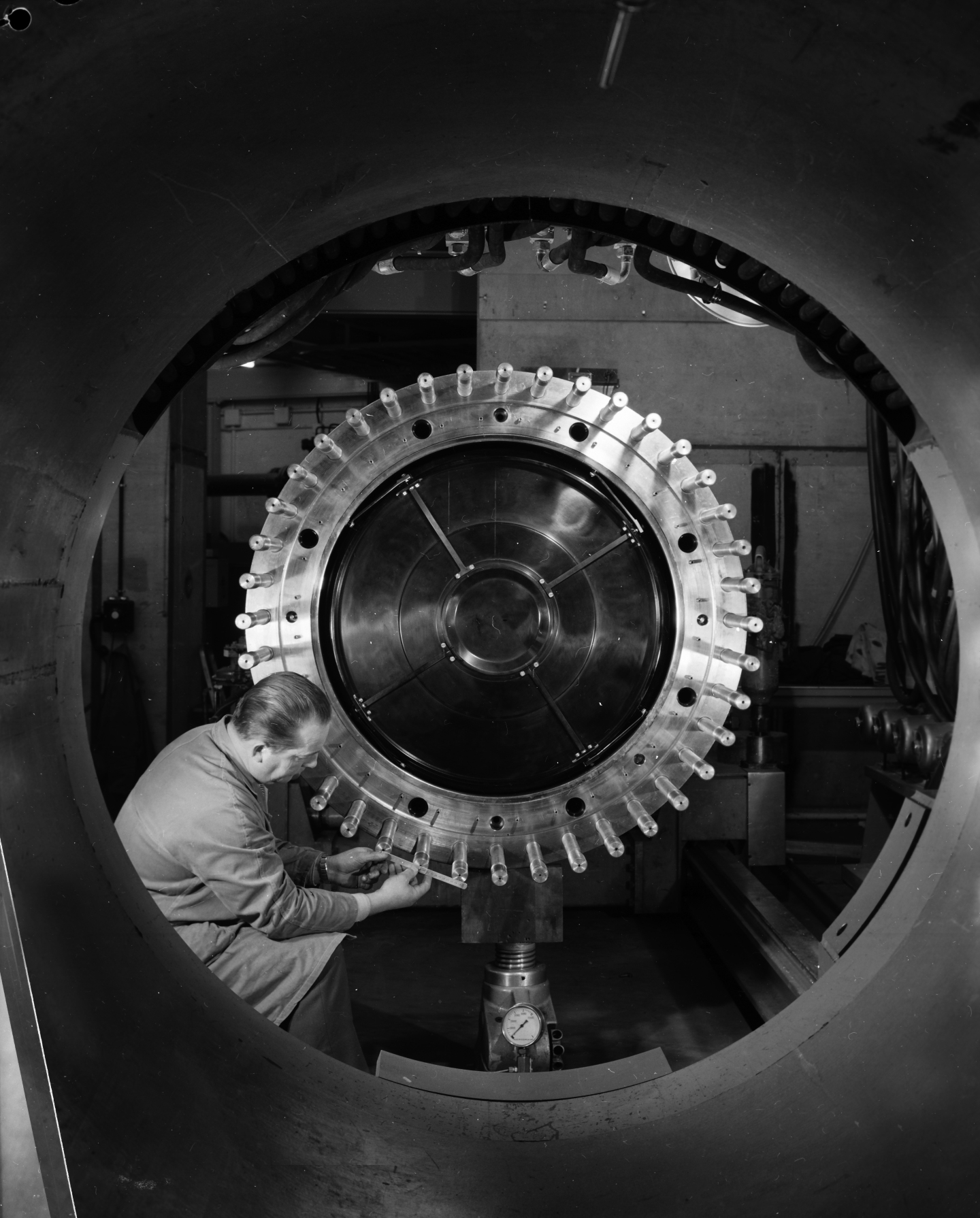In contemporary scientific discourse, few institutions evoke as much debate as the European Organization for Nuclear Research, commonly known as CERN. Nestled beneath the Swiss-French border, this monumental laboratory orchestrates experiments that delve into the subatomic universe, unveiling secrets that govern the fabric of reality. However, one prevailing question looms large within public and scholarly circles alike: Should CERN be stopped? The inquiry extends beyond mere scientific scrutiny; it intersects with ethical, existential, and philosophical considerations that merit thorough examination.
To comprehend the gravity of this inquiry, it is prudent to explore the foundational purpose of CERN. Established in 1954, CERN’s mission has been to foster collaboration among physicists and engineers across Europe and beyond, facilitating advancements in particle physics. This collaborative approach has birthed remarkable discoveries, notably the Higgs boson—often dubbed the “God particle”—which provides insight into the mechanism that grants mass to other elementary particles. Such findings are not merely abstract notions; they have real-world implications that can influence technology, energy management, and medical advancements.
Nevertheless, the immense power of particle physics research often engenders visceral reactions. Critics argue that CERN’s pursuits flirt with recklessness, especially in the wake of theories suggesting that high-energy collisions could theoretically generate micro black holes or trigger catastrophic phenomena that could be detrimental to planetary existence. The fear, albeit speculative, raises a significant question on whether the pursuit of knowledge justifies the risks involved. It encapsulates a more profound concern regarding humanity’s relationship with scientific discovery and the extent we are willing to go in unearthing the universe’s secrets.
Moreover, the operational scale and financial ramifications of CERN’s experiments warrant scrutiny. The Large Hadron Collider (LHC), the crown jewel of CERN’s facilities, operated at a staggering cost exceeding $4 billion, and its maintenance requires a continuous influx of funding sourced from member countries. Critics posit that such astronomical expenditures could be diverted towards pressing global issues, ranging from climate change to poverty alleviation. This realignment of priorities compels stakeholders to ponder: Is the quest for knowledge through particle physics an indulgent luxury that society can simply no longer afford?
Countering this argument, proponents assert that the enrichment of human understanding renders priceless dividends. The technological advances stemming from CERN’s research often permeate various sectors. Innovations developed at CERN have catalyzed breakthroughs in medical imaging techniques and therapeutic procedures. Additionally, fundamental research at CERN contributes to a broader scientific literacy and inspires future generations of scientists—fostering an environment where curiosity and innovation flourish.
Beyond the financial calculus, the ethical dimension of scientific exploration warrants a deeper investigation. Who holds the moral compass guiding such explorations? Should scientists act as stewards of knowledge or as unbridled explorers of the unknowable? This dichotomy underscores a wider debate regarding the role of scientists in society. In a world increasingly governed by misinformation and anti-science rhetoric, engaging the public and policymakers in constructive dialogue becomes imperative. Increased transparency and community outreach can bridge the chasm between scientific elite and the lay populace—fostering a more informed opinion regarding the purported dangers of facilities like CERN.
Inquisitively, one might ask if halting CERN would pave the way for more prudent policies or just cast humanity into an abyss of ignorance. Stopping the LHC would unquestionably impede research that could unlock solutions to the universe’s most profound mysteries; an act that could deprive potential generations of groundbreaking knowledge and technology. Within this intricate tapestry of moral and practical considerations, perhaps a more viable solution lies not in the cessation of CERN but in its reformation. Establishing a more ethical framework for experimental physics—incorporating rigorous safety protocols and inclusive community engagement—may balance the pursuit of knowledge with the overarching responsibility to protect life.
Furthermore, one must consider the existential implications of halting CERN’s endeavors. The search for meaning is a quintessential human pursuit. In contemplating the universe’s origins, constituents, and destiny, we engage with our place within the cosmos. Ceasing operations at CERN would not simply halt inquiries into particle physics; it would signify a retreat from confronting some of humanity’s most profound questions about existence itself. This ignoble retreat would not be an indictment against progress, but rather an indictment of our collective curiosity and resolve to understand the world’s intricate machinations.
In summation, the question, “Should CERN be stopped?” involves layers of complexity that cannot be unfurled through mere binaries of affirmation and negation. It beckons an exploration of deeper philosophical quandaries juxtaposed against contemporary socio-political narratives. Stopping CERN might shield society from speculative risks while simultaneously quashing the insatiable thirst for knowledge that characterizes the human experience. A more prudent approach may lie in promoting ethical scientific inquiry and transparent communication rather than extinguishing the flames of exploration that illuminate the path toward understanding. As we stand at the crossroads of science and ethics, the decision should reflect humanity’s profound commitment to inquiry, safety, and, ultimately, the unquenchable thirst for knowledge.












